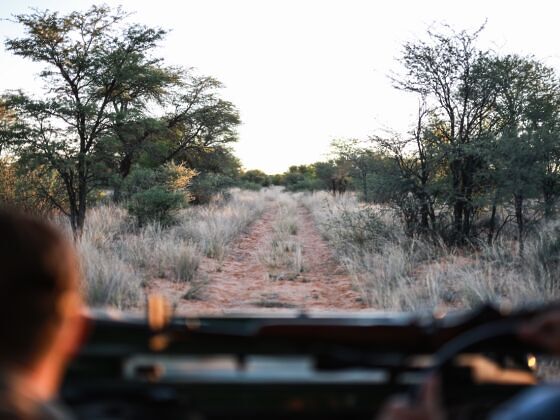“WHAT THE HELL is a Pomfret?” I ask my brother, John.
“It’s not a what. It’s a where.”
It’s a tiny spec of a town in the north of South Africa, near the border with Botswana, he tells me. I hop onto Google Maps and it looks like any other rusty, dusty half spec of a South African dustbowl town. Except that the tar on the roads looks a little funny.
